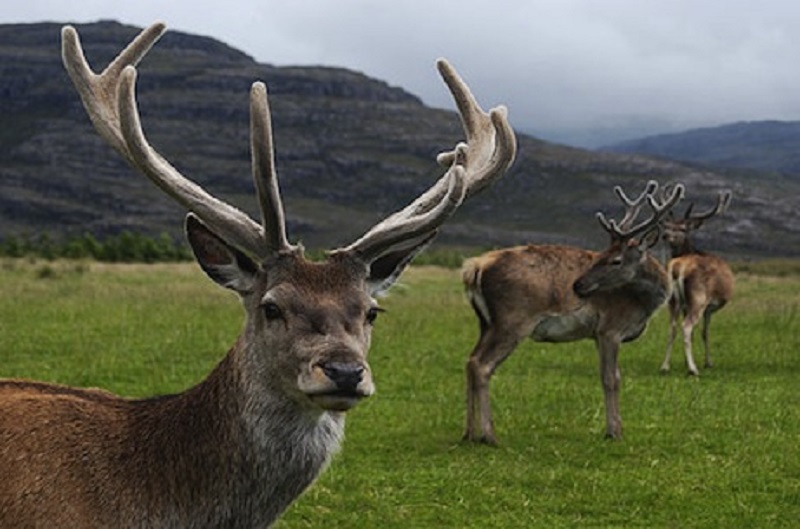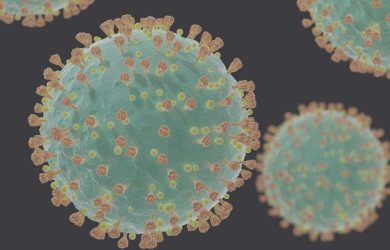
Deer culls alone will not promote woodland conservation, according to new research by two Gates Cambridge alumni.
Culling deer will not aid woodland conservation in the absence of other factors, according to a new study by three researchers, including two Gates Cambridge alumni.
The research in the Scottish Highlands, published in Ecology and Evolution, looks at the threat posed by high deer populations to woodlands and grasslands. The study suggests that deer have a long-term impact on birch regeneration, but that regeneration also requires suitable ground cover for seedlings to grow. It contends that other wildlife such as wild boar could be introduced in the Highlands to further aid tree regeneration by allowing more light to reach seedlings.
The success of deer culling policies in terms of promoting woodland regeneration has been hard to quantify up to now. By developing a spatially explicit simulation model, the authors, Andrew Tanentzap, James Zou and David Coomes, were able to accurately predict the impact of red deer on the conservation of birch woodlands in the Scottish Highlands. Their research is among the first validated tests of the accuracy of such simulation models for predicting the responses of tree regeneration to herbivore numbers. They also looked at the relative importance of other factors on birch regeneration, such as ground cover vegetation and seed availability.
The research suggests managers interested in maximising tree regeneration cannot simply reduce deer densities but must also improve ground cover for seedlings to take root. The research findings enable managers to quantify explicitly how much both these factors need to be altered. More broadly, they emphasise the need for land managers to consider the impact of herbivores like deer rather than their densities and provide them with a tool to do so.
They also argue for the reintroduction of wild boar to the Highlands, saying their trampling and grazing could help seeds to take root by increasing light penetration to the soil surface without entirely inhibiting seed growth. They add: "Both the promotion of extensive livestock production and regulated reintroduction of boar may confer additional socioeconomic benefits for local communities by enhancing important components of the Highland economy, that is, farming and sport shooting."
The research is based on Andrew Tanentzap's 2010 PhD in Plant Sciences for which he was awarded a Gates Cambridge Scholarship. It is written in collaboration with James Zou, another Gates alumnus, as well as David Coomes, who is based at Cambridge. James, who did a CASM in Applied Mathematics, and Andrew, who is now Banting Fellow in the Department of Biology at York University, Canada, met in October 2007 on the Gates Orientation trip to the Lake District and discovered they had joint interests in ecology and applied maths. Andrew says: "We decided to work together – and after many years – finally found a project on which we could collaborate. It certainly shows the benefits of talking to your neighbour on the orientation bus!"
For the journal article, click here.
Picture credit: Mehmet Karatay and Wikicommons.












